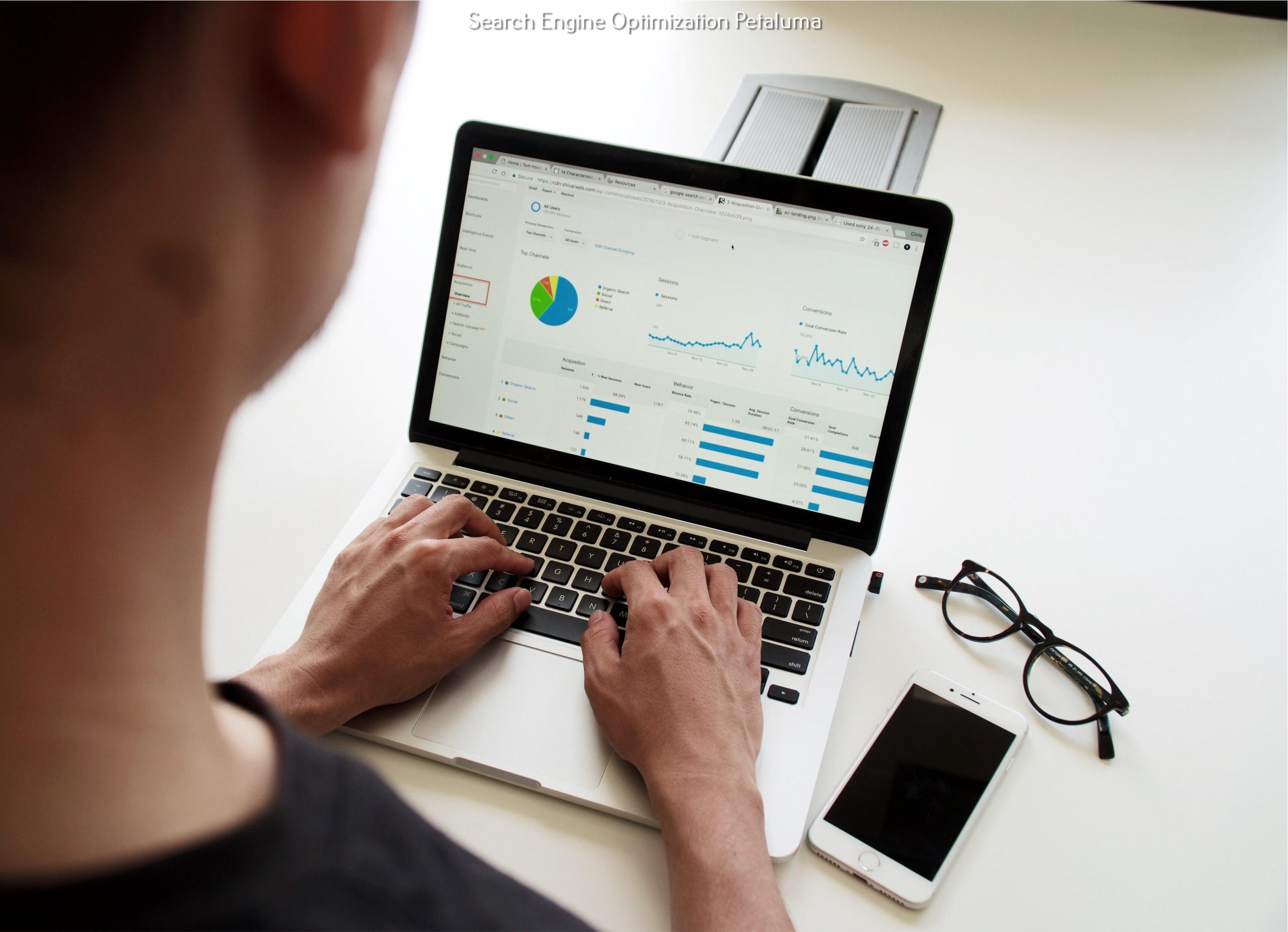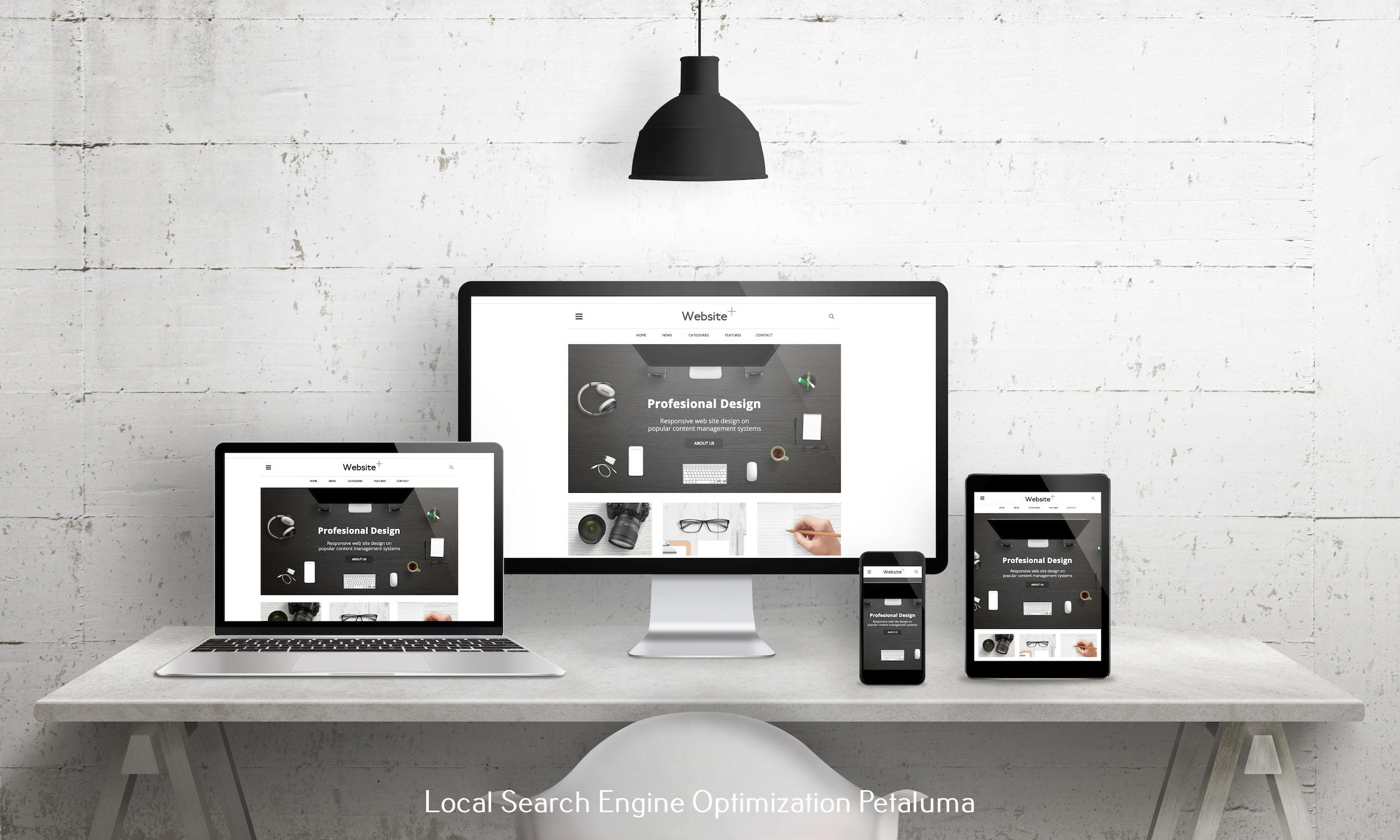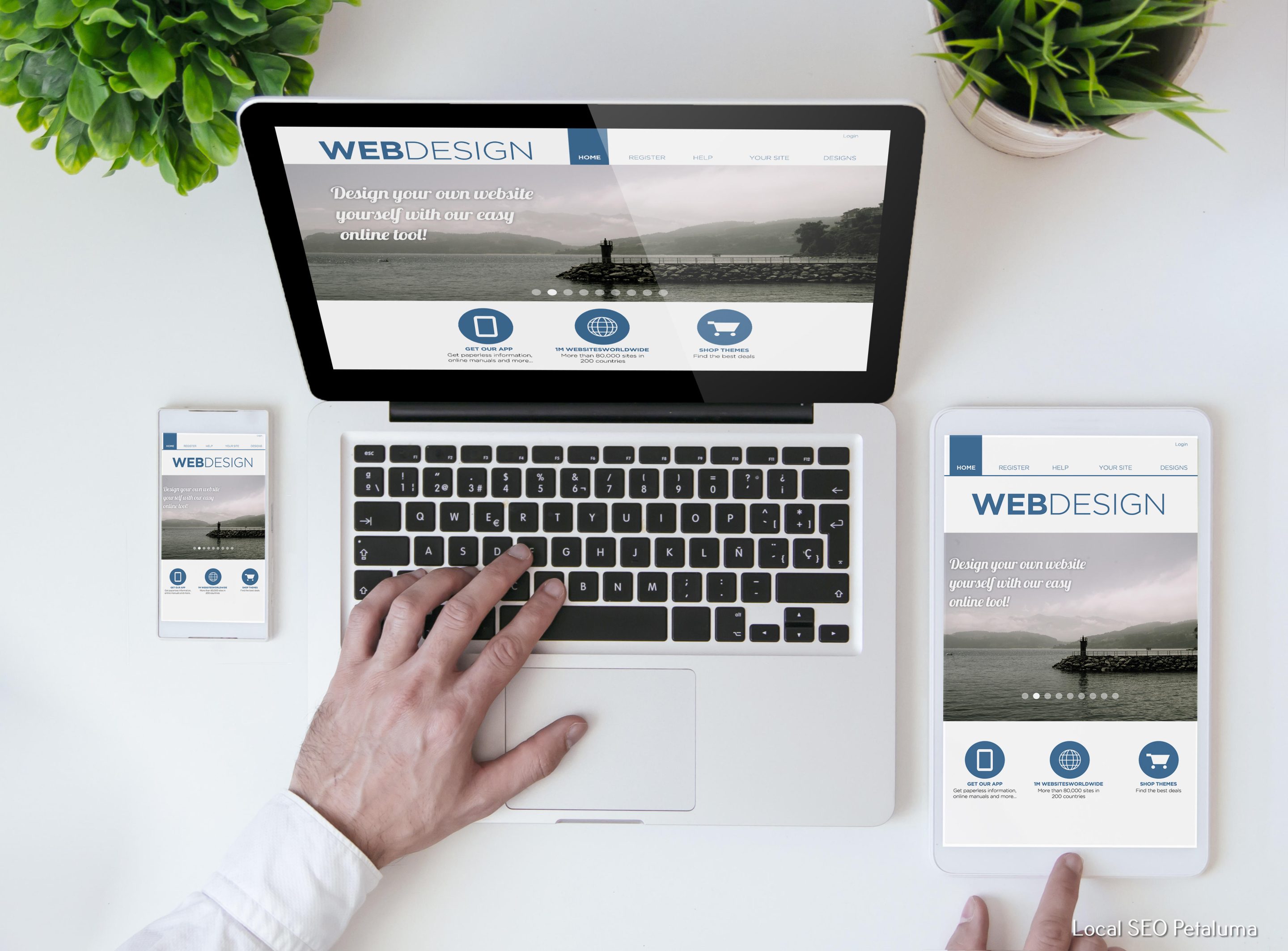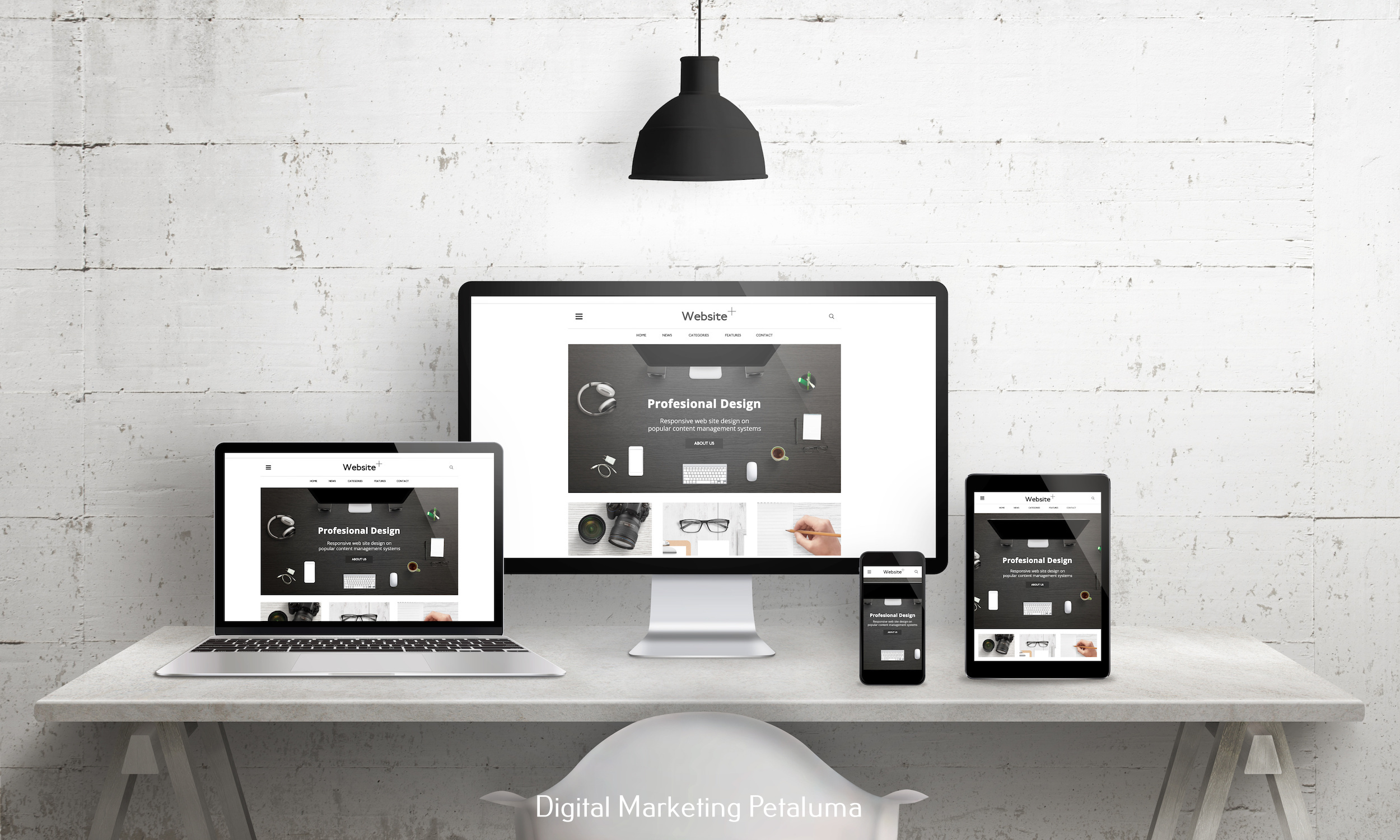As a small business owner, you probably already know the importance of having a strong online presence. With the majority of consumers turning to search engines when looking for products or services, having a high ranking on search engine result pages (SERPs) is crucial for your business's success. That's where SEO comes in – and no, it's not just some fancy acronym that marketers throw around. SEO, or search engine optimization, is the process of optimizing your website and its content to rank higher on search engines like Google.
If you're using WordPress as your website platform, you're already on the right track. WordPress is known for being SEO-friendly and easy to use even for those with little technical knowledge. But did you know that there are some lesser-known hacks that can take your WordPress website's SEO game to the next level? Let's dive in.
Optimize Your Permalinks
Permalinks are the permanent URLs that point directly to your website's individual posts, pages, and other types of content. By default, WordPress uses plain permalinks which are not very descriptive or user-friendly. For example, “https://www.example.com/?p=123” doesn't tell users or search engines anything about the page they're about to visit.
To optimize your permalinks for better SEO results, go to Settings > Permalinks in your WordPress dashboard and choose one of the more descriptive options such as “Post name” or “Month and name.” This will include keywords from your post titles in the permalink structure which can help improve your rankings.
Utilize Heading Tags
Heading tags (H1-H6) are used to structure content on a webpage and indicate its importance. They also help search engines understand what your content is about. When creating new pages or posts on WordPress, make sure to use heading tags appropriately – H1 for main headings and H2-H6 for subheadings.
As an example, let's say you have a page on your website about digital marketing services. Your main heading, or H1, should be “Digital Marketing Services” and any subheadings can be variations of that like “Social Media Marketing” or “Search Engine Optimization.” This not only helps with SEO but also makes your content more visually appealing and easier to read for users.
Optimize Your Images
Images are an important part of any website – they make your content more engaging and visually appealing. But did you know that they can also impact your SEO? When uploading images to WordPress, make sure to optimize them by:
1. Using descriptive filenames: Instead of using generic names like “image123.jpg,” use keywords related to the image's content such as “digital-marketing-services.jpg.”
2. Adding alt text: Alt text is used to describe an image if it fails to load or for visually impaired users. It's also used by search engines to understand what the image is about. Make sure to include relevant keywords in your alt text.
3. Compressing images: Large image files can slow down your website which can negatively impact your SEO rankings. Use a plugin or online tool to compress images without sacrificing quality.
Install an SEO Plugin
While WordPress is already optimized for SEO, installing an SEO plugin can take it even further. Plugins like Yoast SEO or All in One SEO Pack provide additional features and tools for optimizing your website such as:
1. Keyword optimization: These plugins allow you to add meta titles and descriptions, which are shown on search engine result pages, for each page and post on your website.
2. XML sitemap creation: A sitemap is a file that lists all the pages on your site, making it easier for search engines to crawl and index them.
3. Internal linking suggestions: Internal linking within your own website helps with navigation and improves user experience while also indicating the importance of certain pages to search engines.
Utilize Social Media
Social media is not just a platform for connecting with friends and family – it can also have a significant impact on your website's SEO. Having a strong social media presence can help drive traffic to your website, increase brand awareness, and improve your rankings. Make sure to include social sharing buttons on your WordPress website so users can easily share your content on their own social media profiles.
Additionally, regularly posting high-quality content on social media can increase the chances of it being shared and linked back to by others, which is another factor that search engines consider when ranking websites.
Continuously Create Quality Content
Speaking of quality content, it's important to consistently create new and engaging content for your website. Not only does this keep users coming back for more, but it also shows search engines that your website is active and relevant. Keep in mind that quality trumps quantity – focus on creating valuable content that resonates with your target audience rather than just churning out posts for the sake of it.
In Conclusion
WordPress is already a powerful platform for SEO but by utilizing these little-known hacks, you can take your rankings to the next level. Remember to optimize permalinks, use heading tags appropriately, optimize images, install an SEO plugin, utilize social media, and continuously create quality content. By following these tips and staying up-to-date with SEO best practices, you'll be well on your way to maximizing SEO with WordPress and driving more traffic to your website from the North Bay and Sebastopol areas.













































0 Comments